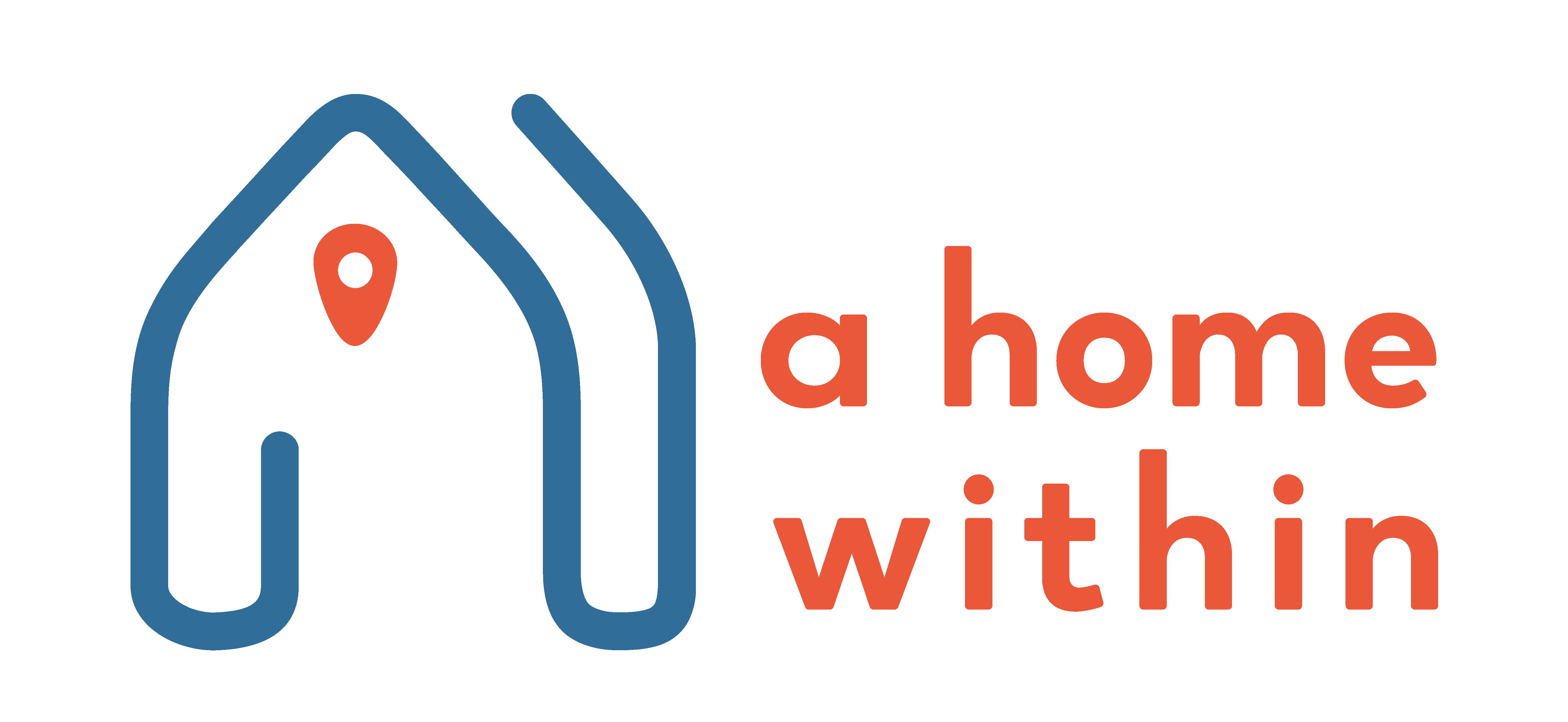Information Hub / BlogTowards A Brighter Future
Envisioning a brighter future for children and youth in foster care does not require much imagination. The current system of care allows so many youth to leave care facing years of hardship that are likely to include unemployment or underemployment, homelessness, poverty and multiple brushes with law enforcement that it’s easy to identify room for improvement. However, it takes not only imagination, but thoughtful analysis of pertinent research and current policies to envision the changes that should and can be implemented to transform foster care into a system that could promote the physical, social, cognitive, and emotional well-being of children and youth touched by the foster care system.
Bryan Samuels, Commissioner of the US Department of Health and Human Services’ Administration of Children Youth and Families has that vision. The flight home from the Summit on Healthy Adolescent Development and Well-Being convened by the Center for the Study of Social Policy and the Jim Casey Youth Opportunities Initiative gives me time to try to absorb both the enormity of the changes Commissioner Samuels imagines for the child welfare system and to relish the thought that he just might make them happen.
The primary charge of the child welfare system has been to ensure the physical safety of the children in its care with more recent attention to the reduction of risk. Fortunately, Commissioner Samuels is not alone in his insistence that this is not good enough for foster children, or for any children, for that matter. There is a large and growing chorus of voices demanding that our policies and programs must integrate those approaches known to protect and promote the well-being of all children and youth, but most particularly, those who are the most vulnerable.
There are many risk factors that can impair or impede children’s healthy development – among them, poor nutrition, poverty, lack of medical care and inadequate education. But if we don’t ensure that all children have a good relationship with an adult who loves and cares for them we deprive them of the single most robust predictor of healthy development.
Most parents and substitute caregivers do their best to make sure that their children have access to medical care, educational opportunities, and community support. For many complex reasons, not all adults can provide this for the children in their care. But their love for the child and their continuing care through adversity offers the child protection from the overwhelming emotions that impede development. A relationship with a caring adult creates the psychological space children need for healthy development.
As Bryan Samuels attests: “resilience is not good fortune arising from chance encounters with a supportive friend, peer or partner.” Resilience grows from ongoing relationships – this is the gift children most need from the adults who care for them.
By Toni Heineman
